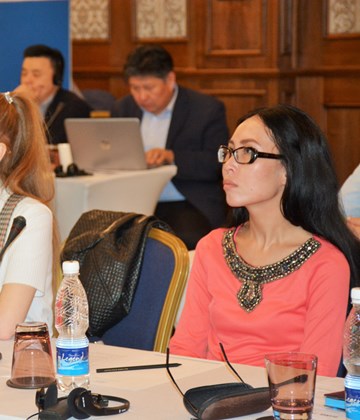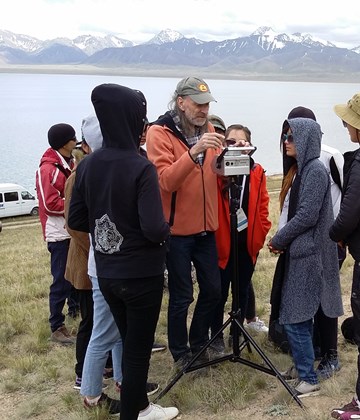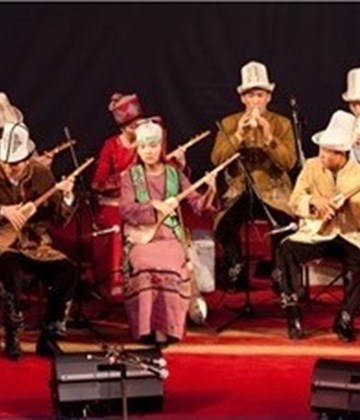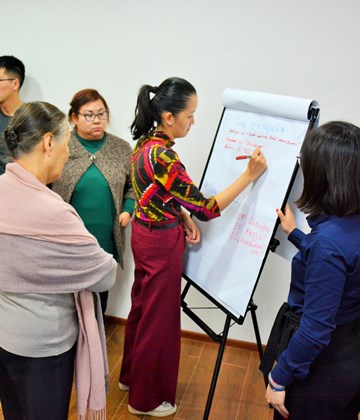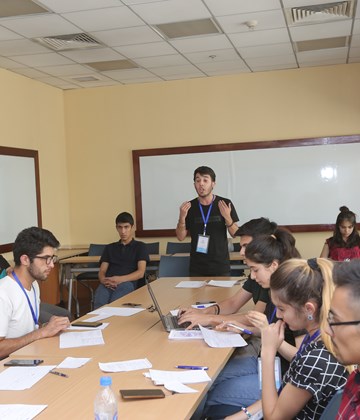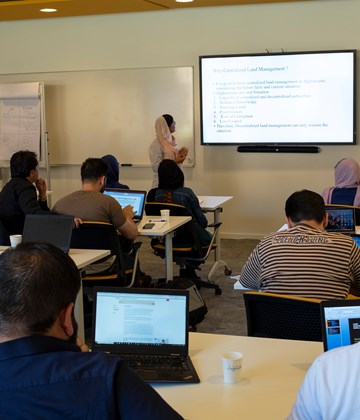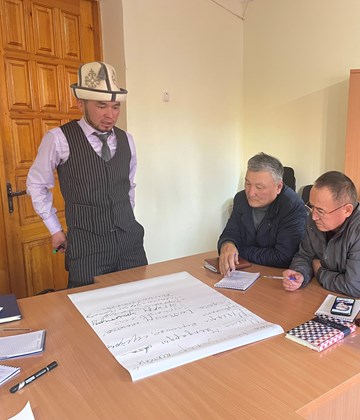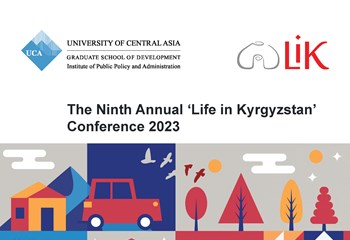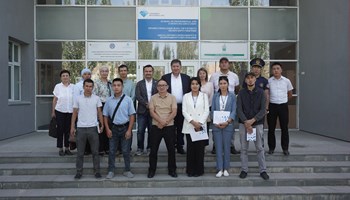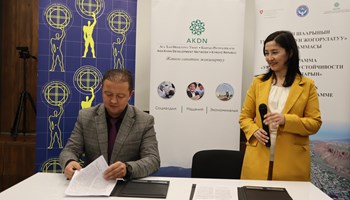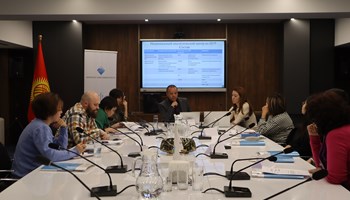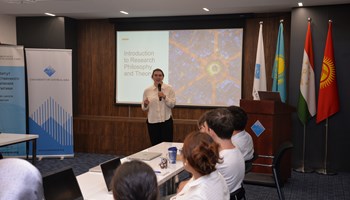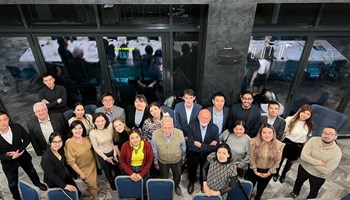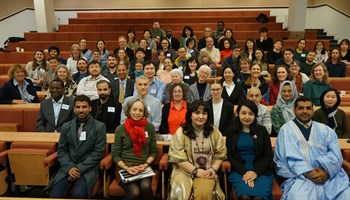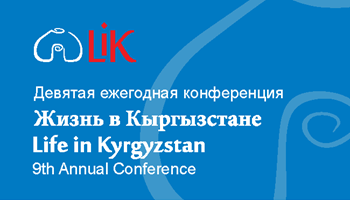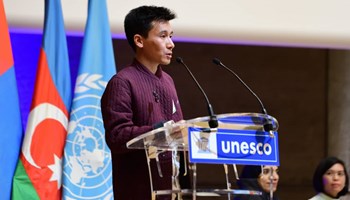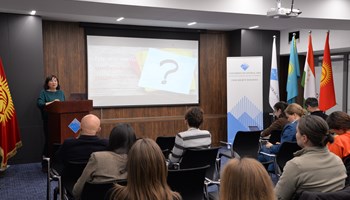The Graduate School of Development (GSD) is the home for multidisciplinary research on Central Asia's social, economic, and cultural development. GSD is comprised of five entities, each of which has achieved a significant presence in the Central Asian knowledge landscape. They have forged regional networks of universities, researchers, and communities of practice and established international collaborations. With over 150 publications on its website available for free download, GSD is a singular storehouse of knowledge.
Priorities
This multidisciplinary configuration means that GSD is well-positioned to address the challenges facing Central Asia by drawing on the natural and environmental sciences, the economic and social sciences, and on the humanities and cultural studies. It also means we are well-positioned for collaboration with other research institutes, here and abroad, as well as with the international donor community, think tanks, civil society and governments.
GSD’s work is concentrated around several key themes that capture the challenges facing the Central Asian region and that have a wider international relevance also:
- Climate change – it’s effects and policies to mitigate them
- Quality of life – through promoting equality, opportunity and prosperity
- Community engagement – from civic participation to preserving cultural heritage
- Sustainable Development – monitoring and impacting the SDGs for Central Asia
Research and Development
GSD has produced well over 150 publications since 2012, including some in leading field journals across the GSD disciplines and has created an unparalleled storehouse of knowledge in the form of working papers, reports, books, and peer-reviewed articles in multiple languages. Our research production is accelerating too. In the first 8 months of 2023, GSD had over 30 research outputs published (or accepted for publication), including 13 in highly ranked Scopus journals.
This research reflects work undertaken on projects funded by USAID, WFP, World Bank, IDRC, European Commission, WHO, Sickkids and others. Through this work we produce scholarly research to contribute to the international literature but also which has practical and impactful benefit to the people of Central Asia and is disseminated through numerous other channels and means.
Education and capacity building
GSD is active in Executive Education and recently established an Executive Education Unit which is leading the development of an ambitious programme in ‘Resilient Urban Development’ which will be delivered to high potential municipal staff in Khorog and Naryn during 2023 and 2024.
Alongside this we are planning the introduction of at least one MSc in the field of Sustainable Development, with concentrations in climate change, economic development and policy, resilient urban planning and sustainable cultural development. The launch of the first programme is scheduled for 2024 or 2025.
GSD will bring a new approach to postgraduate education in the region. We will empower the participants of our programmes to understand, explain and shape the way in which the environment is changing; to comprehend what this means for the development of a successful economy; and to learn how society itself holds the key to building successful and resilient approaches to mitigating and adapting to climate change.
